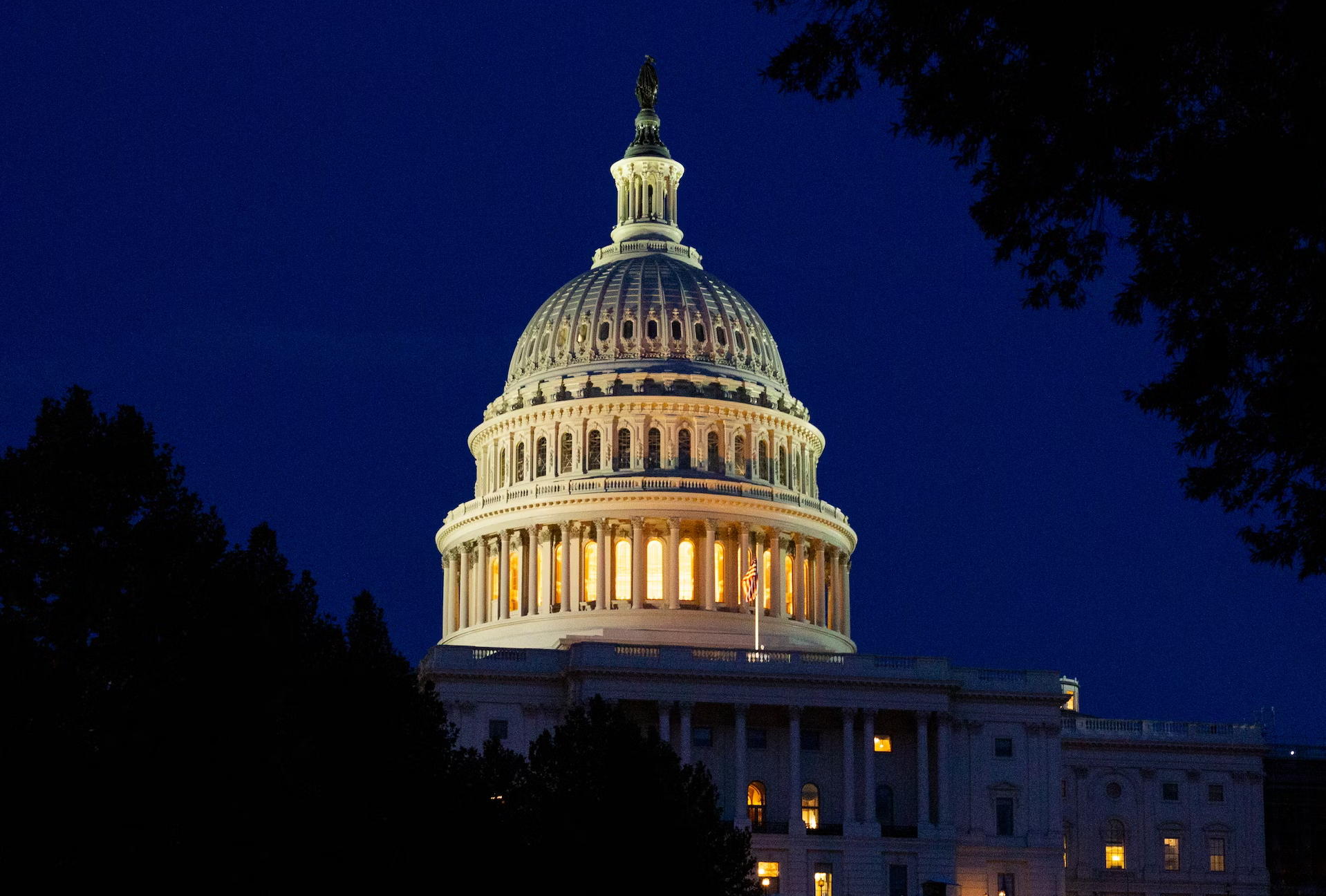[ad_1]
Protecting American clean energy businesses. Biden administration plans to raise tariffs on certain Chinese products
The Biden administration is to further increase tariffs on certain Chinese imports, before handing over the reins of power to the incoming Trump administration.
The US Trade Representative’s office announced that “tariff increases under Section 301 for imports from the People’s Republic of China of certain tungsten products, wafers, and polysilicon. The rates for solar wafers and polysilicon will increase to 50 percent, and the rates for certain tungsten products will increase to 25 percent. These tariff increases will take effect on January 1, 2025.”
This is the latest development in the growing trade war between the United States and People’s Republic of China, which recently saw China’s antitrust regulator opening an investigation into Nvidia over concerns related to its $7 billion (£5.5bn) acquisition of Israel’s Mellanox Technologies in 2019.

American tariffs
The Biden Administration and the US Commerce Department had in May announced new tariffs of up to 100 percent on a number of Chinese goods, including EVs, which they said were designed “to protect American workers and businesses from China’s unfair trade practices.”
Tariffs were slapped on Chinese steel and aluminium; semiconductors; electric vehicles; batteries and battery components; solar cells; ship-to-shore cranes; and certain medical products.
The European Union also instituted higher tariffs on Chinese EVs, as well as import duties on certain Chinese online retailers.
Canada soon copied the United States and also imposed a 100 percent tariff on Chinese EVs.
Tariff rises
Now the Biden in a federal notice announced new tariffs in order to protect American clean energy businesses.
“The tariff increases announced today will further blunt the harmful policies and practices by the People’s Republic of China,” said Ambassador Katherine Tai. “These actions will complement the domestic investments made under the Biden-Harris Administration to promote a clean energy economy, while increasing the resilience of critical supply chains.”
Tariffs on Chinese-made solar wafers and polysilicon will rise to 50 percent from 25 percent, while duties on certain tungsten products will increase from zero to 25 percent from 1 January 2025, following a review of Chinese trade practices under Section 301 of the 1974 Trade Act.
Tungsten is a strategically important metal whose production is dominated by China. South Korea is a potential alternative supplier. It is used to make armaments, and is also used in x-ray tubes and light bulb filaments, among other industrial applications.
Trade war
The trade war between the United States and China has been heating up in the final months of the Biden administration.
Earlier this month the US announced fresh ‘Export Controls’ designed to hamper Beijing’s capacity to produce high-end chips.
The punishing restrictions included adding 140 companies to the US ‘Entity List’; as well as new export controls on 24 types of manufacturing equipment; restrictions on three types of software tools used for developing semiconductors; and high-bandwidth memory chips.
Soon after the US measures where announced, Beijing responded by banning the export to the United States of certain high-tech materials (gallium, germanium, antimony and other key high-tech materials), which it claimed has potential military applications.
China previously imposed tighter controls on exports of graphite, as well as restrictions that covered smelting and separation technology and machinery and other items related to such super-hard materials. It also banned the export of technology to make rare earth magnets.
At the same time four of China’s top industry associations issued a co-ordinated warning to Chinese companies to avoid buying US chips as they were “no longer safe, no longer reliable” and to buy domestic products instead.
In May 2023 the Cyberspace Administration of China (CAC) regulator banned Micron products from being used by mainland operators of critical information infrastructure, saying the US company had failed to pass a security review, in a move also seen as a reaction to previous US export controls.
The trade war between the US and China is unlikely to slow down anytime soon however, as President-elect Donald Trump has been threatening to sharply raise tariffs on imports from China and other countries.
[ad_2]
Source link


